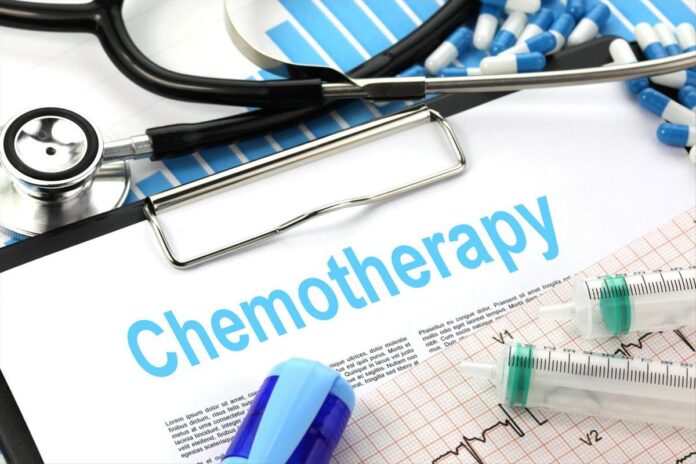
Chemotherapy is a crucial treatment for lung cancer, and it plays a significant role in the fight against this deadly disease. Understanding how chemotherapy works and its potential side effects can help patients and their loved ones make informed decisions about their treatment options.
Chemotherapy is a type of cancer treatment that uses drugs to destroy cancer cells. It can be used alone or in combination with other treatments, such as surgery and radiation therapy. The goal of chemotherapy is to stop or slow the growth of cancer cells and prevent them from spreading to other parts of the body.
For lung cancer patients, chemotherapy may be used before surgery to shrink tumors, after surgery to kill any remaining cancer cells, or as the primary treatment for cancer that cannot be removed with surgery. It can also be used to relieve symptoms and improve quality of life for patients with advanced lung cancer.
Chemotherapy drugs can be taken orally or injected into a vein or muscle. They work by targeting rapidly dividing cells, including cancer cells. However, they can also affect healthy cells that divide rapidly, such as those in the bone marrow, digestive tract, and hair follicles. This is why chemotherapy often causes side effects.
Common side effects of chemotherapy for lung cancer may include nausea and vomiting, fatigue, hair loss, anemia, and increased risk of infection. Some patients may also experience changes in their appetite, taste, and ability to concentrate. It is important for patients to discuss potential side effects with their healthcare team and learn how to manage them effectively.
Chemotherapy regimens for lung cancer can vary based on the type and stage of cancer, as well as the patient’s overall health and treatment goals. Some patients may receive a single drug, while others may undergo combination chemotherapy with two or more drugs. The frequency and duration of treatment also depend on the individual patient’s response to the therapy.
In recent years, targeted therapies and immunotherapies have emerged as promising alternatives to traditional chemotherapy for lung cancer. Targeted therapies are drugs that specifically target genetic mutations or other abnormalities in cancer cells, while immunotherapies boost the body’s immune system to fight cancer. These treatments can be used alone or in combination with chemotherapy to improve outcomes for patients with lung cancer.
While chemotherapy can be effective in treating lung cancer, it is important for patients to understand that it may not be a cure. In some cases, chemotherapy may slow the growth of cancer or shrink tumors, but it may not eliminate the disease entirely. Patients and their families should have realistic expectations and be prepared to explore additional treatment options if necessary.
It is also important for patients to take an active role in their chemotherapy treatment. This includes asking questions, seeking second opinions, and advocating for the best possible care. Patients should also be proactive in managing their side effects and communicating openly with their healthcare team about their treatment experience.
In addition to medical support, patients may benefit from emotional and practical support during chemotherapy treatment. Support groups, counseling, and other resources can help patients and their loved ones cope with the challenges of cancer treatment and maintain a positive outlook.
In conclusion, chemotherapy is a crucial treatment for lung cancer that can help improve outcomes and quality of life for patients. Understanding how chemotherapy works, its potential side effects, and the role of other treatment options is essential for making informed decisions about cancer care. With the support of a knowledgeable healthcare team and a strong support network, patients can navigate their chemotherapy treatment with confidence and hope for the best possible outcome.

















